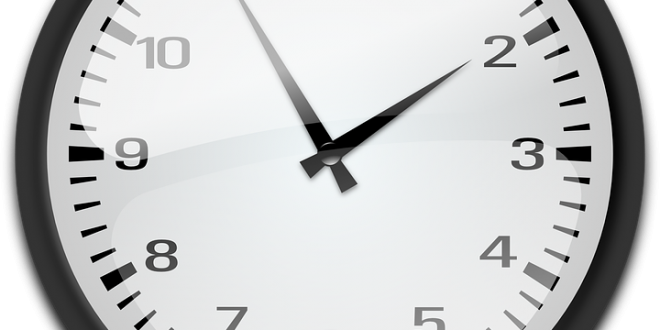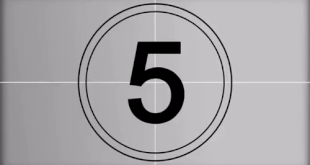Get ready to go back an hour. Daylight saving time ends on Sunday, November 6th at 2 AM, which means that we’ll all get an hour of much-needed sleep during the weekend.
Yet, despite this extra hour of sleep, many people will still probably end up tired and bleary-eyed by the middle of this week, and that extra hour will suddenly feel like it’s gone. Since our circadian rhythm continues operating as before, it won’t really feel like an hour gained. When that circadian rhythm is interrupted, you’ll wake up feeling even worse than before, ironically enough.
In addition, shorter winter days combined with the end of daylight saving time means that the days will get much darker, having a significant impact on the health and mood of some people. For those suffering from seasonal depression, the lack of light can exacerbate the condition. Putting more daylight in the mornings of the season with the least amount of daylight may also seem counterintuitive to most people.
However, there are still ways to benefit from the end of daylight saving time. Saving that extra hour for the morning rather than the night can help people who struggle to wake up in the morning and get out of the house on time.
 Tempus Magazine By Students, For Students
Tempus Magazine By Students, For Students 



